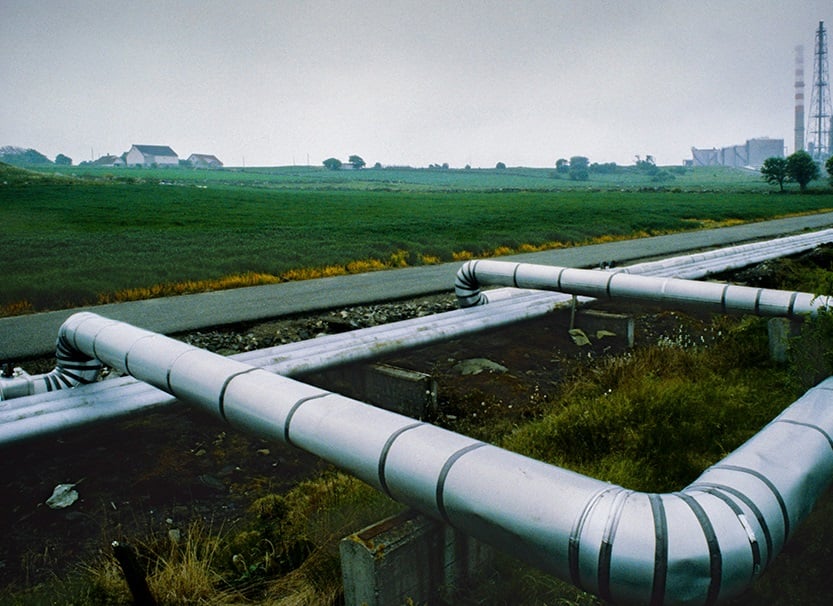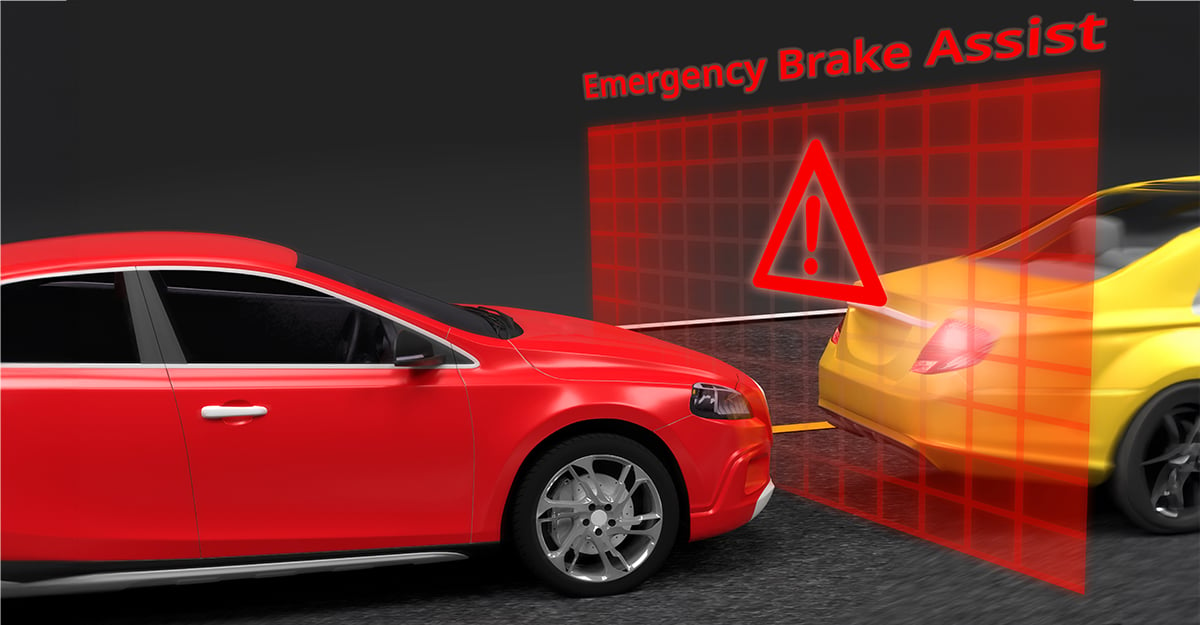
Agencies Collectively Move to Overhaul Environmental Review Regulations
On July 3, 2025, numerous federal agencies initiated an effort to revise the manner in which they comply with the National Environmental Policy Act (NEPA). NEPA, a cornerstone of environmental governance and project development in the U.S., has historically been implemented through regulations from the Council on Environmental Quality (CEQ). The DC Circuit questioned the legality of those regulations, as well as CEQ’s authority to implement them. And at the direction of President Trump’s February 25, 2025 Executive Order 14154 — “Unleashing American Energy” — CEQ rescinded its NEPA implementing regulations. In place, CEQ provided guidance for agencies that instructed them to update their NEPA procedures by February 2026 in a manner consistent with recent statutory amendments that prioritizes “efficiency and certainty over any other policy objectives.” Today, we are getting our first glimpse into what that process will look like.

Department of Transportation Announces a Streamlined Regulatory Exemption Process for Autonomous Vehicles
On June 13, the U.S. Department of Transportation (DOT) and the National Highway Traffic Safety Administration (NHTSA) announced changes to the process for exempting autonomous vehicle companies from the Federal Motor Vehicle Safety Standards (FMVSS) under 49 C.F.R. Part 555. Part 555 offers an important route for the sale and deployment of innovative autonomous vehicles. The recent announcement evidences a desire to speed up agency decisions on Part 555 exemptions, though the application process will continue to be a substantial undertaking.

Deregulatory Announcements at the U.S. Department of Transportation: A Sign of Bigger Things to Come?
On May 29, the U.S. Department of Transportation announced more than 50 deregulatory actions at the three operating administrations of the department that focus on road transportation: the Federal Highway Administration (FHWA), Federal Motor Carrier Safety Administration (FMCSA), and National Highway Traffic Safety Administration (NHTSA). The Secretary of Transportation was quoted as saying, “my department is slashing duplicative and outdated regulations that are unnecessarily burdensome, waste taxpayer dollars, and fail to ensure safety.”

NHTSA Adopts Rule Requiring Automatic Emergency Braking on Light Vehicles
On May 9, 2024, the National Highway Traffic Safety Administration (NHTSA) published a final rule adopting a Federal Motor Vehicle Safety Standard (FMVSS) that requires automatic emergency braking (AEB) systems in U.S. light vehicles and trucks by September 2029. The rule is required under the Bipartisan Infrastructure Law of 2021 (BIL), in which Congress directed NHTSA to establish FMVSS requirements for AEB systems as well as three other Level 2 advanced driver assistance systems (ADAS): lane departure warnings, lane-keeping assist, and forward collision warnings (FCW).

U.S. Department of Transportation Announces $623M in Grants for Electric Vehicle Infrastructure
On January 11, 2023, the Department of Transportation (DOT) announced $623M in grants to expand electric vehicle (EV) charging infrastructure. The grants are part of the Infrastructure Investment and Jobs Act’s Charging and Fueling Infrastructure Discretionary Grant Program and have been made available to fund 47 EV charging and alternative fueling infrastructure projects in 22 states and Puerto Rico. Ranging from $500,000 to about $68.3M, 36 of the grants were awarded to EV charging and hydrogen fueling “community” projects in rural and urban communities, while the remaining 11 grants were awarded to “corridor” projects focused on fueling along roadways to assist in establishing national EV charging and alternative fueling networks.
U.S. Department of Transportation Publishes Final Rule on State Greenhouse Gas Performance Measures
On December 7, U.S. Department of Transportation Federal Highway Administration (FHWA) published a final rule providing state Departments of Transportation (DOTs) and Metropolitan Planning Organizations (MPOs) a national framework to track transportation-related greenhouse gas (GHG) emissions and set targets for reduction. The rule adds a new GHG performance management measure to the existing FHWA national performance measures and creates a system under which state DOTs and MPOs must set targets for reducing roadway travel GHG emissions. Stakeholders that contract with states to build infrastructure should take note of these new mandates.


